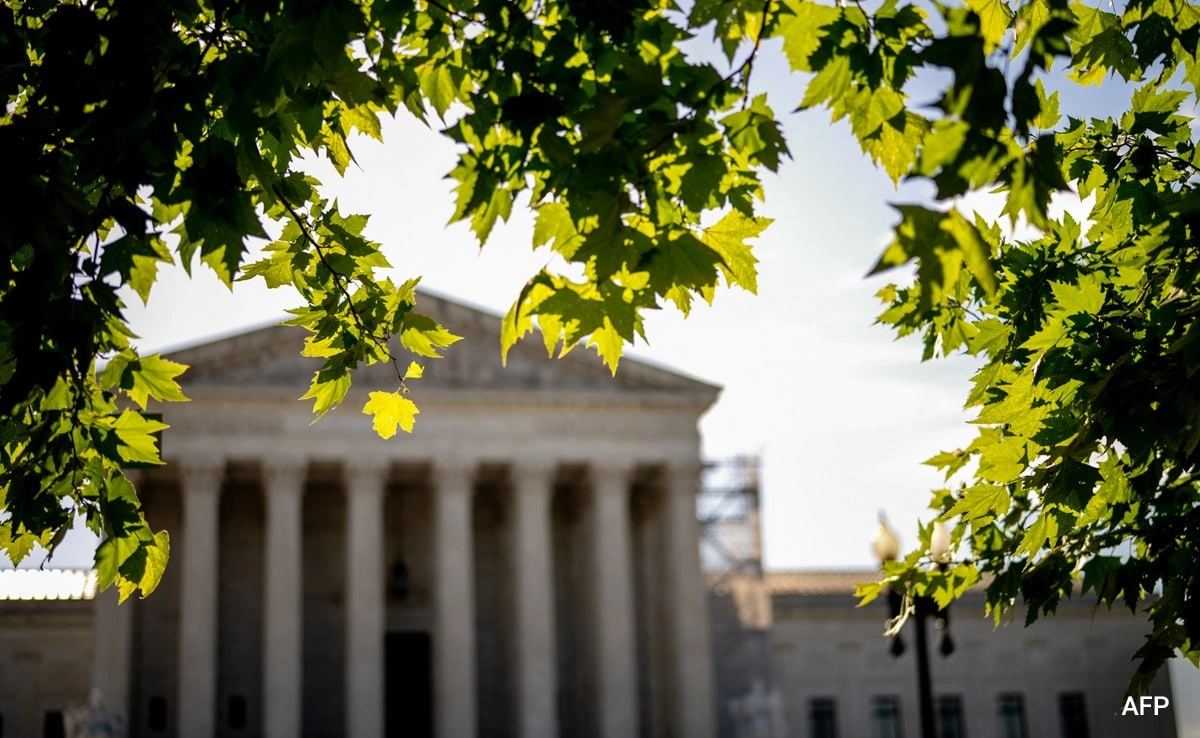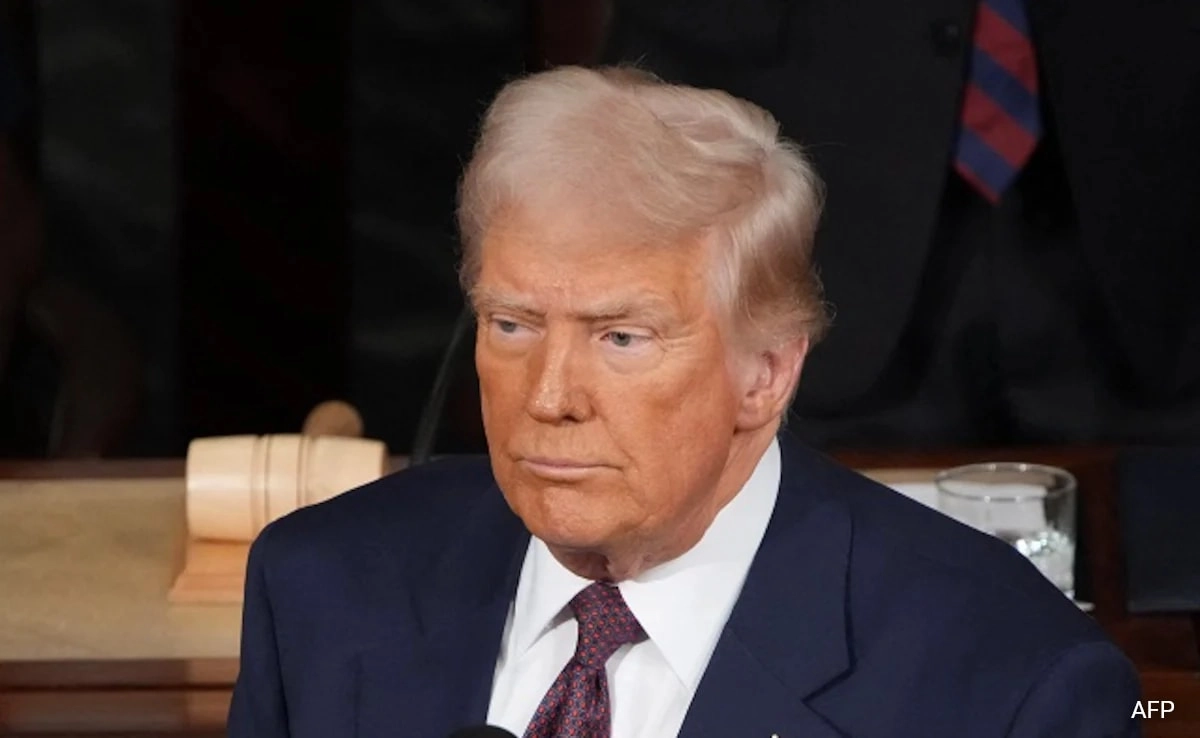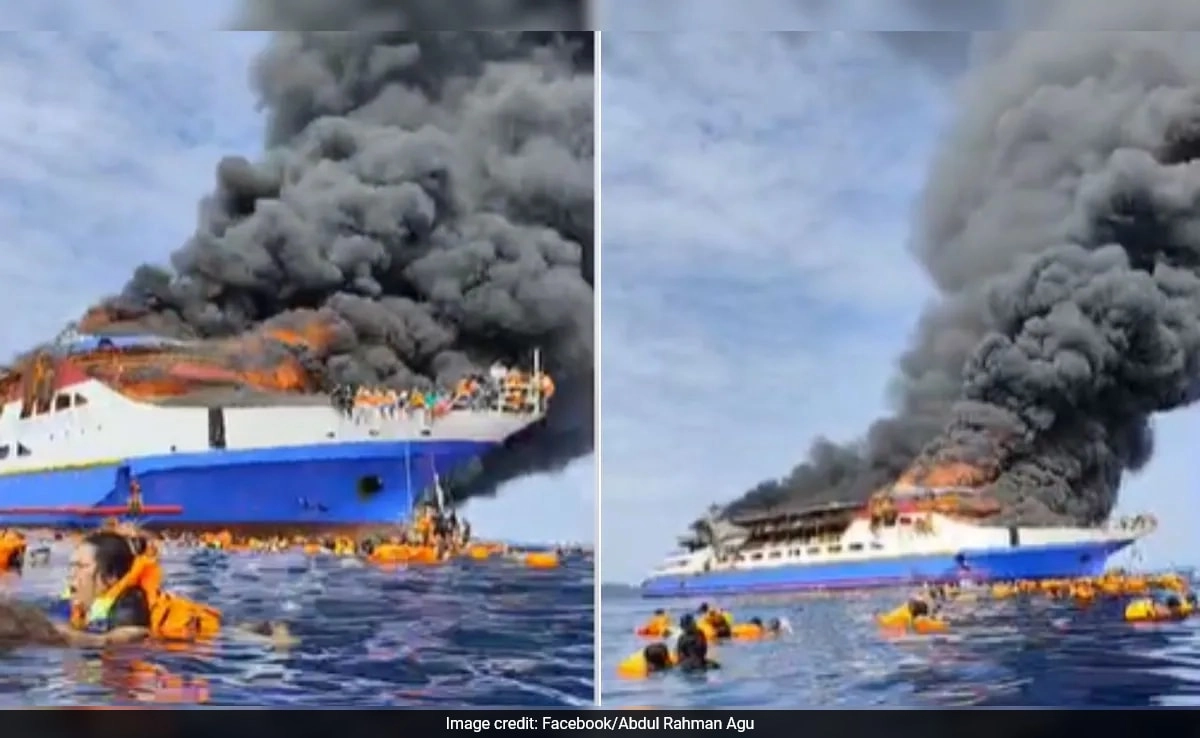The U.S. Supreme Court recently made a significant ruling regarding the deportation of Venezuelan nationals, blocking former President Donald Trump’s efforts to resume these deportations. This decision comes amidst a complex backdrop of immigration policies and humanitarian concerns surrounding the Venezuelan crisis. Many Venezuelans have fled their country due to political turmoil, economic collapse, and widespread human rights violations. The ruling underscores the Court’s position on the treatment of vulnerable populations and the legal complexities surrounding immigration enforcement.
The Trump administration had sought to reinstate deportations for Venezuelans who had entered the United States unlawfully, arguing that this would serve as a deterrent against illegal immigration. However, advocates for immigrant rights and humanitarian organizations have consistently argued that returning Venezuelans to their homeland would expose them to severe risks, including persecution and violence. The Supreme Court’s decision reflects a growing recognition of these humanitarian considerations, as well as the legal arguments surrounding the rights of asylum seekers and the obligations of the U.S. government under international law.
This ruling is part of a broader dialogue about immigration policy in the United States, especially concerning individuals fleeing dire situations in their home countries. As the political landscape evolves, the treatment of Venezuelan nationals remains a critical issue. The Supreme Court’s action not only halts immediate deportation efforts but also signals a potential shift in how the judiciary may approach immigration cases involving vulnerable populations in the future. This case highlights the ongoing tensions between immigration enforcement and humanitarian obligations, a dynamic that continues to shape U.S. immigration policy in the years to come.




